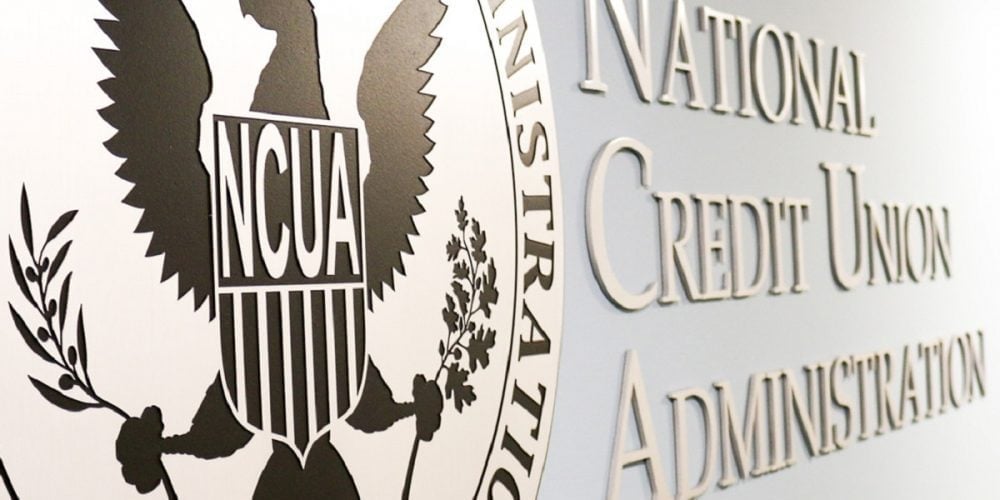He’s covered in sticky tentacles of frustration, endless inescapable globs of pointless paperwork, ridiculous rules, and cruel barbs of rejection and fees. The Sludge Monster is clogging up your membership growth, and he’s costing your credit union members and money left and right.
So what is sludge, anyway? Sludge is anything that creates friction, frustration, bad vibes, or negative outcomes. Sludge slows everything down, and keeps people from completing tasks.
In a credit union, sludge keeps people from getting loans, from opening accounts, and from bringing more of their business to your credit union. It can even sludge up your brand by making people feel ashamed, uncomfortable, or taken advantage of.
Sludge is risk
In the credit union world, a lot of sludge is there through some misguided attempt at reducing risk – “if we ask for shoe size and a haiku on our loan apps, we won’t have as many defaults.”
The problem is that every added slug of sludge also increases a few other kinds of risk. The most obvious risk is that the member will give up or make a mistake.
Sludge is also a significant brand risk, making you seem old-fashioned, overly suspicious, or elitist. After all, didn’t they just see a commercial about a place that can approve a mortgage in a few minutes from their phone? So why is this car loan taking so long? Is someone back there using chisels on stone tablets?
Leading the sludge slaughter is Marketing’s job
If you’re a credit union marketer, you’re also responsible for your credit union’s brand. And being a good brand steward means going to bat for your members. Point out sludge where you see it. Ask “why” when you see something sludgy.
It also means you have to get comfortable getting nosy in areas that don’t “belong” to marketing. Lots of sludge comes from moldy old processes, outdated products, and pointless policies. Part of your job is to find and manage these risks.
Desludgification doesn’t always mean expensive or high-tech
Some sludge is there because of cost. If you’re hanging on to an ancient brand, a clunky website or lame online banking because of the cost to upgrade or exit a contract, take another look. That fusty old-fashioned reputation is probably costing you a lot more in the long run than the dollars and cents you’re “saving.”
But desludging doesn’t necessarily mean spending a lot of money. And technology isn’t a cure-all for sludge. Sometimes desludging just takes a few policy updates, or rearranging schedules, or rethinking a cumbersome process or product.
To give just one example: the most popular days to visit a dealership and buy a car are Saturday and Sunday. Guess when most credit unions are closed and incommunicado?
What would it take to do some creative scheduling, streamline your processes, and tweak a few policies to grab all those car loans you’re missing? The tech doesn’t matter much if you can make loans in minutes instead of Monday.
Desludging pays off for everyone
While you’re saving your members all that time, frustration, and money you’re also saving your staff frustration and time. That frees them up to listen more, learn more, get to know their members, and give more meaningful service.
In other words, credit union staff also suffer from every sludge. A “no sludge” culture leads to happier, more empowered staff and less wasted time. And that leads inevitably to happier members.
Get out there, get nosy, and start your sludge hunt today!







